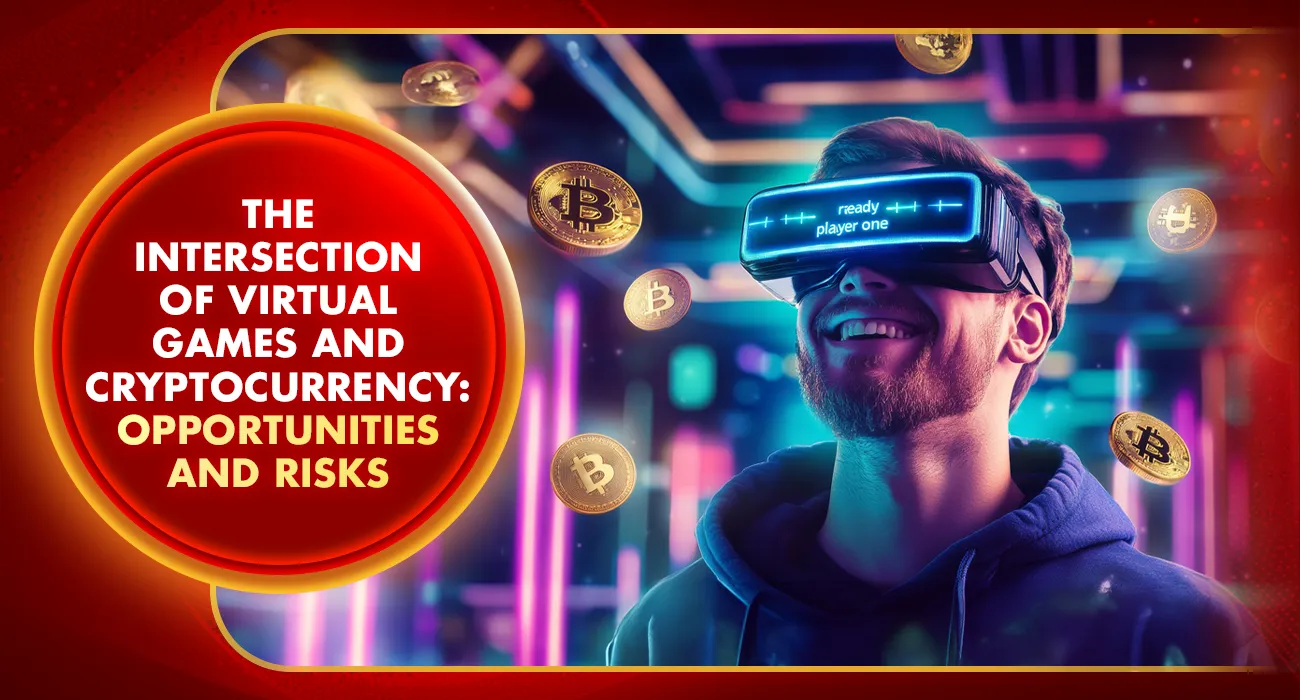Rapid technological advancement in virtual games has led to the latest milestones in the gaming and cryptocurrency worlds, including trends like Free Spins Coin Master. Along with these developments, new opportunities and challenges arise that developers, players, and investors must confront. Probing for advantages and disadvantages in this fusion becomes necessary, as it could alter the perceptions of digital currency and gaming.
Possibilities of the Crossing with Virtual Games
· Innovation of New Economic Models
Cryptocurrencies in virtual gaming introduce the latest economic models. With blockchain-powered in-game currencies, users can now be at the frontline of decentralized asset buying, selling, and trading. Since this has been the case, users now own virtual goods ranging from skins, avatars, or digital real estate. They trade items and then sell these goods for real money at a few online markets. In this model, earning money from the players’ game playing in a player-driven economy is feasible.
· Models of Play-to-Earn (P2E)
The play-to-earn strategy has become increasingly popular as more virtual games use cryptocurrencies. With this paradigm, players can gain experience points, compete, and complete tasks to earn cryptocurrencies or non-fungible tokens (NFTs). Video games like “Axie Infinity” and “Decentraland” have shown how users can make money while playing, converting gaming from a pastime to a reliable source of revenue. This option, which allows gamers to make money while playing their favorite games, is incredibly alluring in areas with few employment opportunities.
· Increased Loyalty And Engagement
The inclusion of cryptocurrency has the potential to boost player engagement and loyalty. Developers can implement tokenomics, incentive systems based on the usage of tokens, to encourage users to spend more time in the game and take part in community activities. After completing specific tasks, players may receive tokens that can be exchanged for other cryptocurrencies or used to make in-game purchases. By encouraging players to stay engaged in the game, this approach promotes loyalty and a sense of community.
Risks Associated with Cryptocurrency in Gaming
· Volatility of Cryptocurrencies
The inherent volatility of digital currencies is one of the biggest hazards of incorporating them into games. Significant price fluctuations may affect the worth of in-game items. Sudden market changes can cause substantial financial losses for those who have committed time and resources to obtain cryptocurrencies or NFTs. This unpredictability may make the gaming environment unstable and discourage players from participating entirely.
· Uncertainty in Regulations
The dynamic nature of cryptocurrency regulations presents potential hazards for developers and players alike. Governments worldwide attempt to set precise rules for using, trading, and taxing cryptocurrencies. However, the absence of standard standards may lead to confusion and difficulties for gaming firms looking to integrate cryptocurrencies. Careful navigation of these restrictions is necessary for developers to avoid legal ramifications, which can impede innovation and growth within the game industry.
· Security Issues
Incorporating cryptocurrencies into online games gives rise to security issues about fraud, fraud, and hacking. Players, too, can become victims of phishing. Malicious people may steal login credentials or secret essential belongings from a player. Last, while developed with errors, some smart contracts might leave security vulnerabilities that hackers may seize. Thus, a new game must ensure safety for itself and the data and assets the gamers will use. Game developers need to focus more on security mechanisms.
Cryptocurrency and the Future of Virtual Games
The connection between virtual games for office settings and cryptocurrencies will only strengthen as the gaming industry progresses. In the quest to develop better gaming experiences and establish new business opportunities, developers are not only seeking innovative ways to integrate blockchain technology but also need to find a way to ward off the risks associated with cryptocurrencies to formulate a long-lasting and safe gaming environment.
Virtual games with cryptocurrencies combine unique strengths and weaknesses. New economic models, play-to-earn systems, and players’ deep involvement look exciting but still need to be surrounded by difficulties associated with unstable markets, unclear regulations, and security issues. Players and creators must be informed and agile as this nexus unfolds to thrive in this changing environment. However, with dangerous risk mitigation and bitcoin adaptation, the gaming industry may embark on a path that will lead it toward a much more creative and economically viable future. Learn more about Bitcoin and virtual games at Khelraja.com.
Also read: Virtual Games as a Tool for Remote Team Building and Collaboration in 2025






